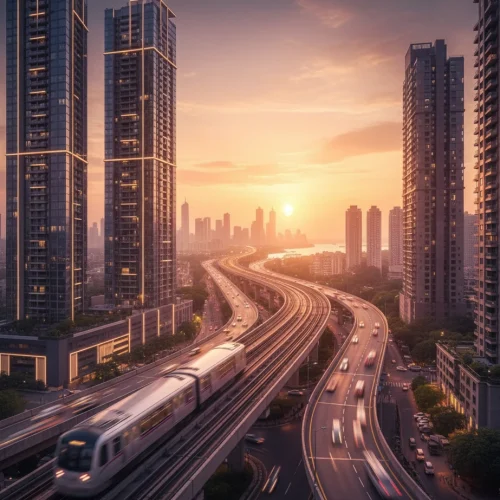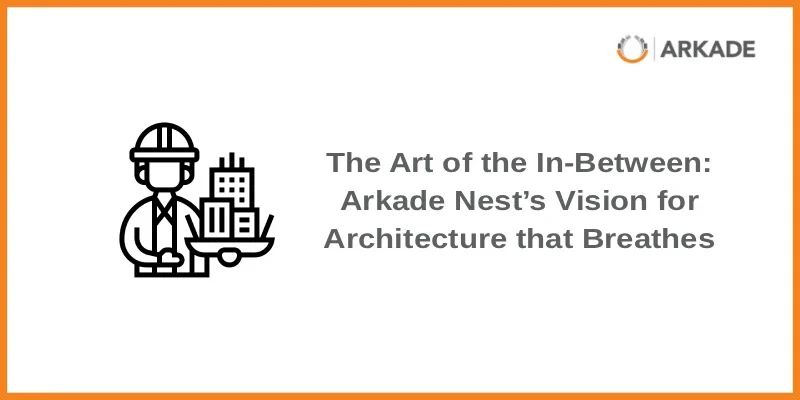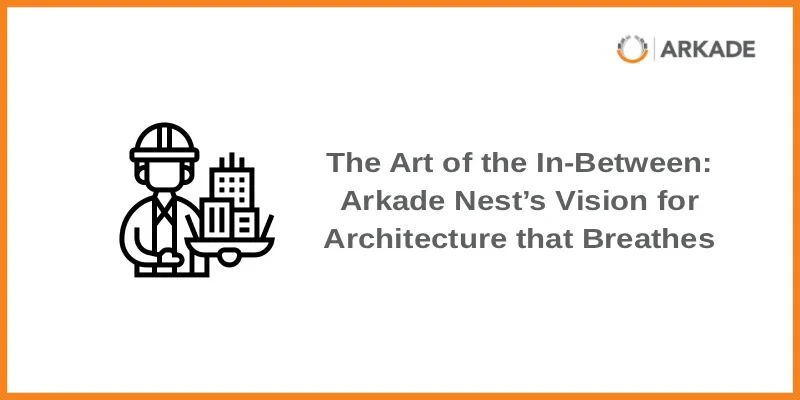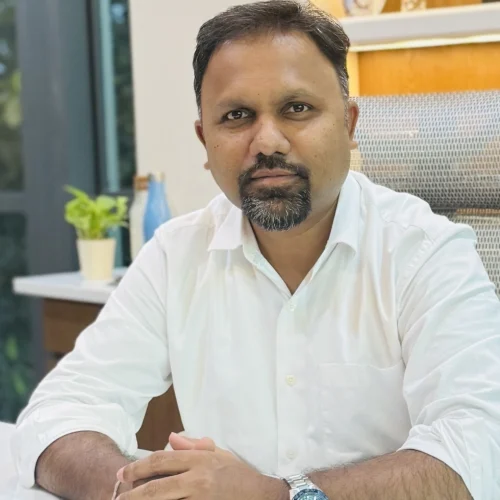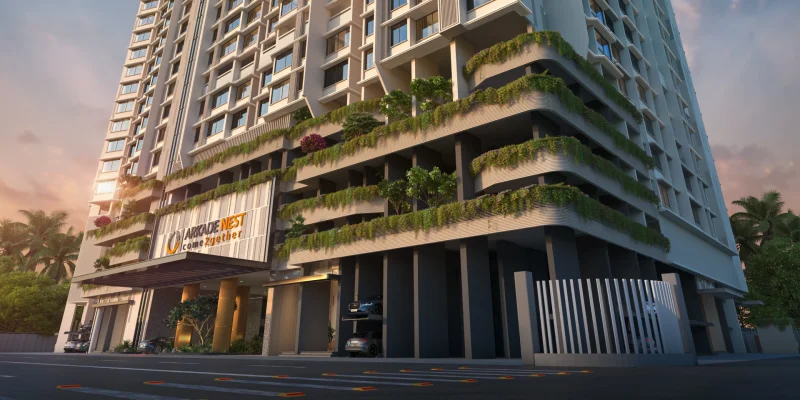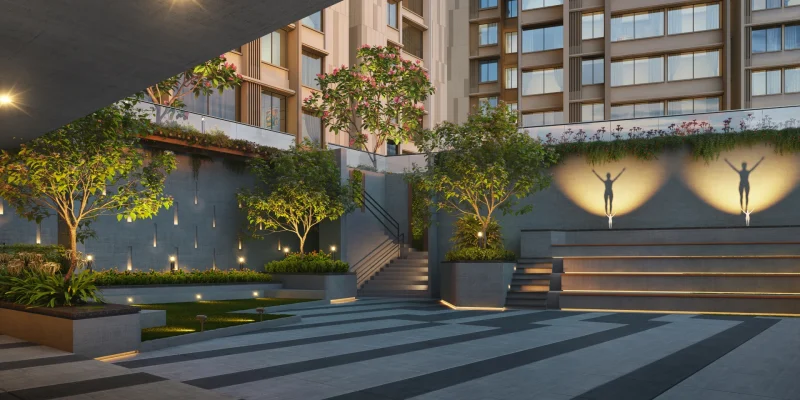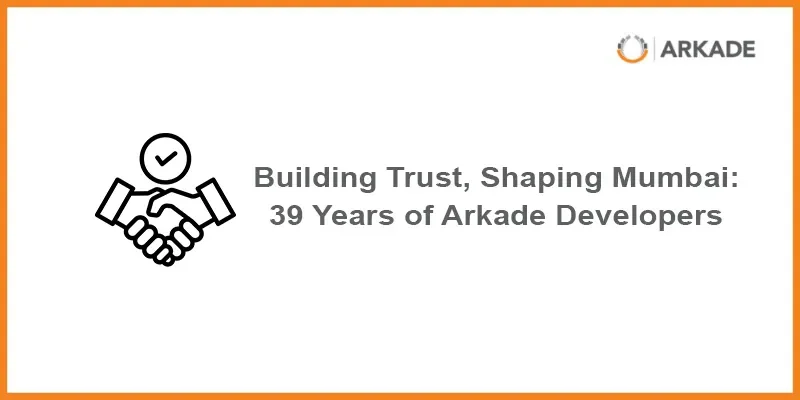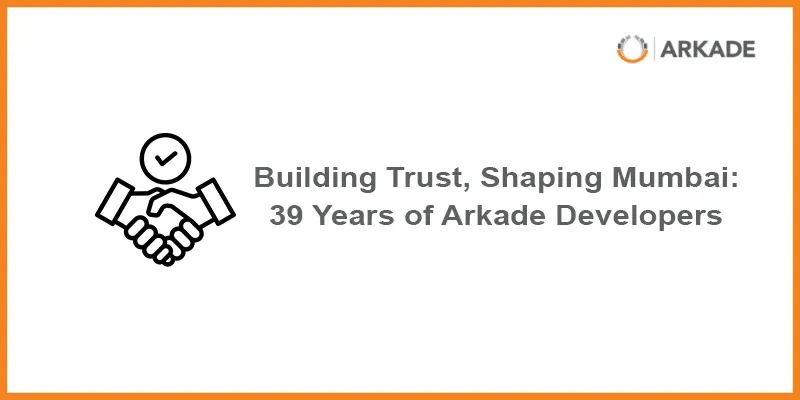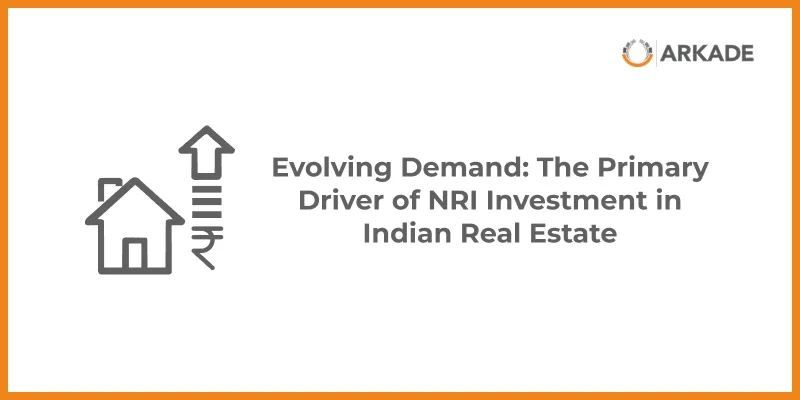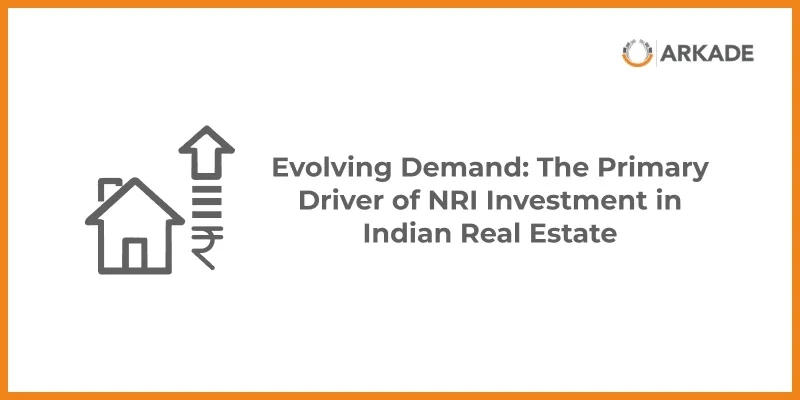Urban India is witnessing a fundamental shift in the way people live, work, and move through their cities. At the center of this transformation lies the growing popularity of mixed-use developments — integrated projects that combine residential, commercial, retail, and recreational spaces into a single, well-planned ecosystem.
While once considered a Western trend, this concept has found strong resonance in Indian metros, particularly in Mumbai, Bengaluru, Gurugram, and Pune, where long commutes, rising infrastructure stress, and changing lifestyle aspirations are reshaping urban priorities. For both homebuyers and developers, mixed-use communities represent more than a real estate product — they are the blueprint for future-ready urban living.
Why the “Walk-to-Work” Model Matters
Few urban challenges are as universally frustrating as the daily commute. In Mumbai, for instance, average travel times often exceed 90 minutes each way, resulting in lost productivity, increased stress, and poor work-life balance.
Here, mixed-use projects step in as a solution. By situating office spaces, residential towers, retail outlets, and amenities within a single development, they allow professionals to drastically reduce commute times — in some cases, to a few minutes on foot.
For working millennials and Gen Z professionals, who place increasing value on time, wellness, and lifestyle convenience, this proximity is becoming a decisive factor when choosing where to live. From a tenant’s perspective, the idea of stepping out of one’s home and walking into a workplace, gym, café, or supermarket is a powerful draw.
For developers, this translates into a stronger value proposition and resilient demand across asset classes. Residential buyers gain convenience, office tenants benefit from a steady local talent pool, and retailers enjoy a captive customer base. This synergy fosters higher occupancy rates and long-term stability.
Designing Micro-Cities, Not Just Buildings
The success of mixed-use developments, however, hinges on thoughtful design and execution. It isn’t enough to simply place commercial and residential blocks side by side. The hallmark of successful projects is their ability to function as micro-cities — efficient, attractive, and sustainable communities in their own right.
Key design imperatives include:
• Functional zoning to balance privacy for residents with accessibility to offices and retail.
• Pedestrian-friendly pathways and green zones that encourage walkability.
• Adequate parking and traffic management to avoid congestion.
• Sustainable features such as rainwater harvesting, solar energy, and waste management to future-proof the ecosystem.
• Curated community spaces like co-working lounges, wellness centers, and cultural zones to promote social interaction.
When executed well, mixed-use projects create an environment where residents feel connected, employees remain engaged, and businesses thrive — essentially replicating the experience of a city, but on a more human scale.
Beyond Commutes: Catering to Evolving Lifestyles
The rise of hybrid and remote work has not diminished the relevance of mixed-use developments. In fact, it has expanded their role. Many professionals now seek communities that blend flexibility with lifestyle needs. For them, the presence of co-working spaces, gyms, cafés, childcare centers, and retail outlets within walking distance is just as important as office proximity.
This indicates that mixed-use developments are evolving from being simply commute-reducing projects into holistic lifestyle hubs. They address the increasing demand for work-life integration, offering environments where residents can work productively, live comfortably, and access essential services without the need for long commutes.
Globally, successful examples abound — Canary Wharf in London, Marina Bay in Singapore, and Hudson Yards in New York. In India, projects like DLF CyberHub in Gurugram or Mindspace in Hyderabad are early indicators of how integrated ecosystems can redefine urban work-life patterns.
The Developer’s Perspective
For developers, mixed-use communities offer several advantages:
• Diversified revenue streams from residential, commercial, and retail components.
• Higher land efficiency by optimizing use across multiple verticals.
• Stronger financial resilience, as downturns in one segment are often balanced by stability in another.
• Enhanced brand positioning as forward-thinking urban planners, not just builders.
However, challenges remain. The complexity of planning, longer gestation periods, and higher upfront investment demand strategic vision and execution excellence. Developers must also align with municipal bodies for approvals, infrastructure planning, and zoning regulations to ensure seamless integration.
Arkade’s Approach: Shaping Future-Ready Communities
Recognizing this shift early, Arkade Developers has actively embraced the mixed-use model, aligning with its philosophy of delivering not just homes, but holistic environments.
A prime example is Arkade Rare, in Bhandup, Mumbai — a thoughtfully crafted mixed-use project that blends residential, commercial, and retail spaces into one integrated community. By doing so, it addresses the rising need for convenience-driven, lifestyle-centric living in one of Mumbai’s most dynamic suburbs.
Through projects like Arkade Rare, the company reaffirms its vision: to create sustainable, connected, and inclusive spaces that reflect the aspirations of Mumbai’s evolving citizens.
The Road Ahead
India’s urban population is expected to reach 600 million by 2036 (as per government estimates), intensifying pressure on cities to provide smarter infrastructure and better quality of life. In this context, mixed-use developments are no longer an optional real estate trend; they are an urban necessity.
By reducing dependence on long commutes, offering diversified amenities, and fostering vibrant communities, these projects can play a pivotal role in shaping India’s urban future.
For developers, the opportunity lies in visionary execution — transforming land parcels into ecosystems that integrate living, working, and leisure seamlessly. For citizens, the promise is clear: a lifestyle that is smarter, healthier, and more sustainable.
The “walk-to-work” dream is steadily moving from concept to reality — and mixed-use developments are leading the way.


